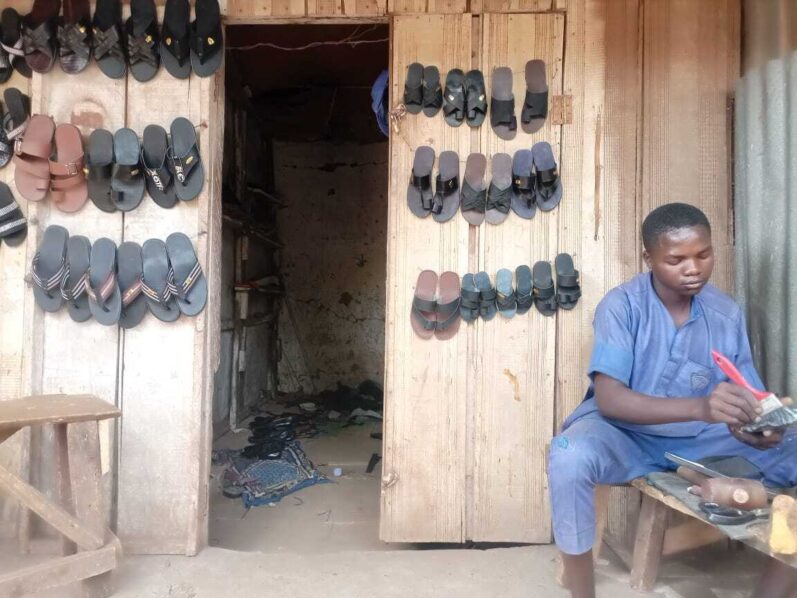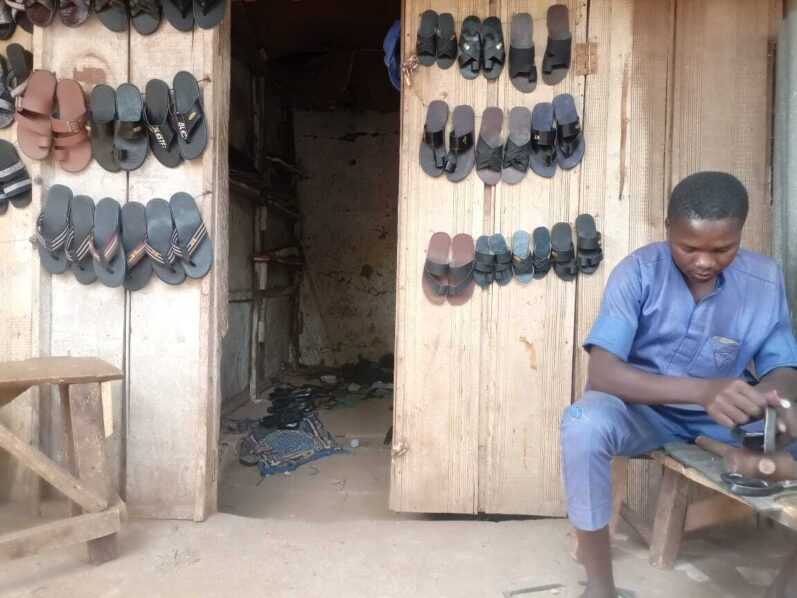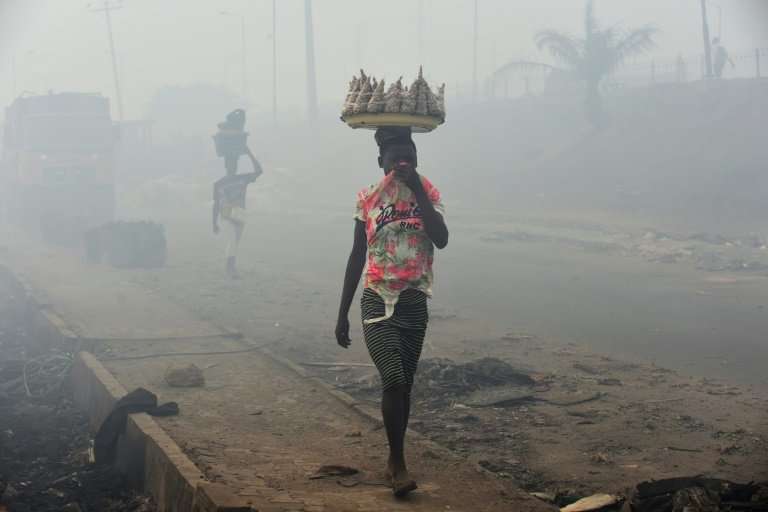
In a remarkable tale of transformation, 17-year-old Mustapha Abubakar has risen from being an Almajiri, a traditional Islamic student, to becoming a successful entrepreneur and employer of labour, thanks to the intervention of the United Nations Children’s Fund (UNICEF) and Eleva Foundation.
Abubakar’s journey began on the streets of Sokoto, where he spent his early years as an Almajiri, begging for food and scraps to survive.
However, his life took a dramatic turn when he was identified by UNICEF/ELEVA and enrolled in one of the Child-Friendly Spaces to undergo a three-month vocational training programme.
The programme, designed to equip vulnerable youths with marketable skills, provided Mustapha with training in footwear and handbag making. With dedication and hard work, he quickly mastered the skills and began to see a future beyond the streets.
With the help of his uncle, who assisted him in securing a shop, and equipment received from UNICEF/ELEVA, Abubakar is now the proud owner of a thriving footwear and handbag business, employing four young people from the Shuni Community in the Dengi Shuni Local Government Area of Sokoto State.
His success has not only transformed his own life but has also inspired others to pursue their dreams.
Speaking through an interpreter and beaming with a smile while making footwear in his shop, he said, “UNICEF gave me a second chance at life,” adding, “I was able to acquire skills that have enabled me to become self-sufficient and even employ others. I am grateful for the opportunity and hope to continue growing my business.”
Abubakar’s products, priced between N1,000 and N5,000, generate a monthly income of at least N30,000 for him. With the upcoming Sallah celebrations, he has stockpiled a range of footwear and handbags, anticipating strong sales and a potential boost to his earnings.
“I have been empowered for life. I don’t need any more education. What I need is to expand my business, save up enough money to get married when the time comes,” an elated Abubakar said.

Lulu Bankong, a journalist from Abuja, recounted her experience after visiting Sokoto on a media tour organized by the Child Rights Information Bureau (CRIB) of the Federal Ministry of Information and National Orientation in partnership with UNICEF.
She revealed that her encounter inspired her to support Abubakar’s business, even as she called for government support to enable the youngster to scale up production.
She disclosed that in the popular Wuse or Garki Market in the country’s capital, such bags would cost between N15,000 and N18,000.
Her words: “I was moved to buy Abubakar’s products because the quality was good, and the products had unique designs. When I asked for the price, he said N3,000. I didn’t go further to negotiate because I was sure that if I had gone to places like Wuse Market or Garki Market, I would buy them for much more—maybe about N15,000 to N18,000 for one of those bags.
“So, I would like the government to encourage these boys because what I saw that guy doing—given a good environment and machines—he can do much more than what we saw, considering the kind of equipment he was using to make those bags and shoes.
“The government should work with UNICEF and Eleva Foundation to ensure that once they finish the training, they are able to pick up from there and set them up.”






